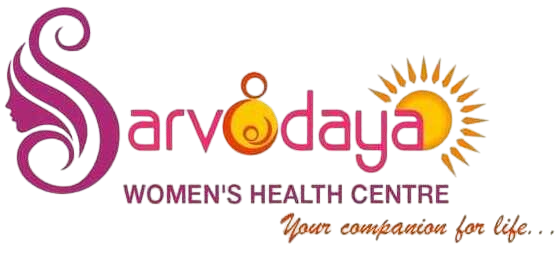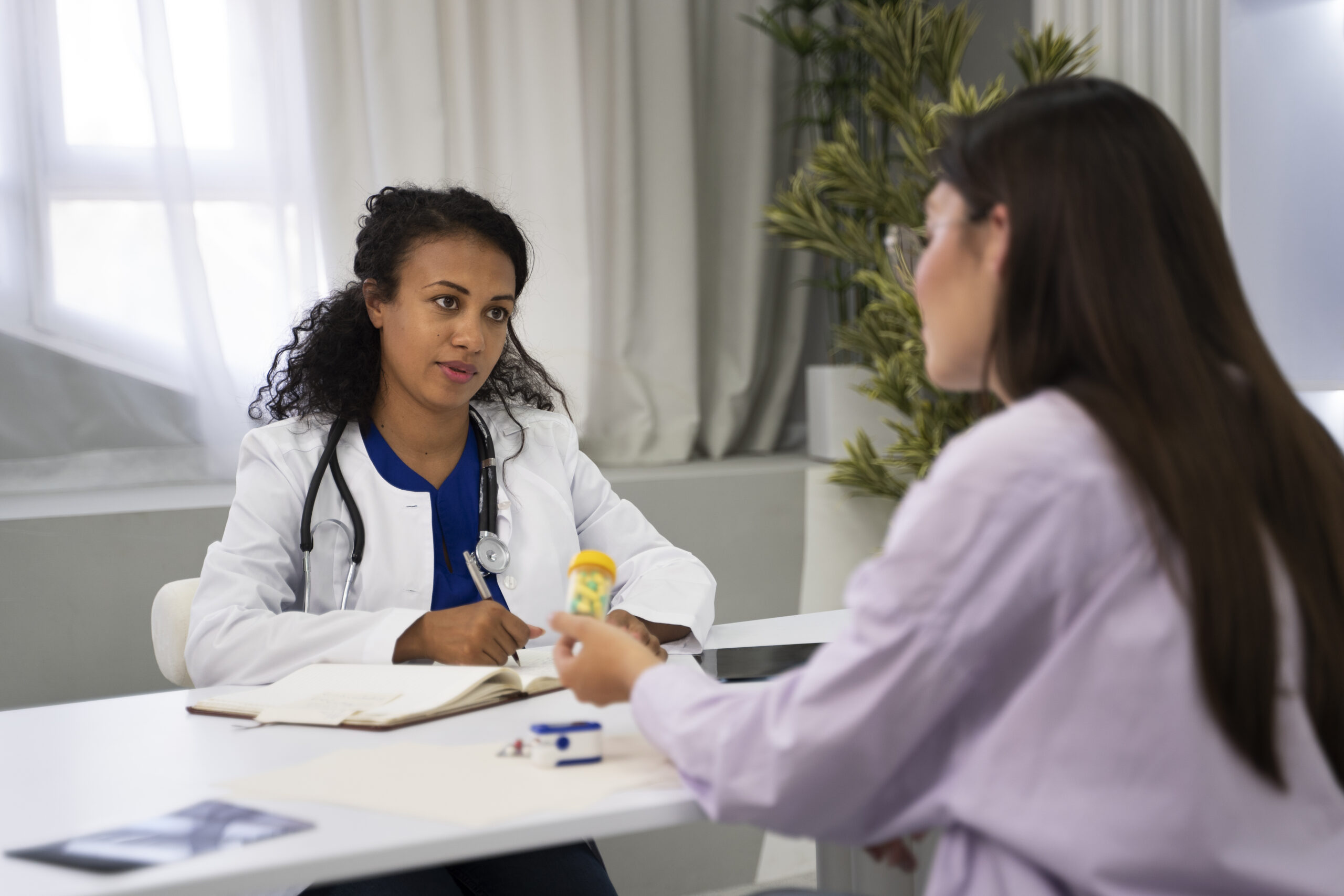


If you’re unable to get pregnant with your own eggs, egg donation (also called ovum donation) might give you the chance to carry and give birth to your baby.
It’s a safe and well-established treatment that has helped many people build their families — and we’re here to guide you every step of the way.
What Is Egg Donation?
Egg donation means using eggs from a healthy young woman (the donor), instead of your own eggs, for IVF.
Who Might Need Donor Eggs?
Egg donation may be recommended if you
You can use
Donors are carefully screened for:


 You Are Still the Baby’s Mother
You Are Still the Baby’s MotherEven though the egg comes from someone else, the baby grows in your body, nourished by your blood and connected to you from day one.
The health and safety of both the surrogate and the baby are a top priority. Our clinic ensures regular medical check-ups, psychological counseling, and post-birth support for the surrogate. The baby’s health is also monitored through regular ultrasounds and tests during pregnancy.
In the rare case that the surrogate cannot continue the pregnancy due to health complications, we will immediately consult with medical professionals to assess all options. If the pregnancy is terminated, the intended parents will be consulted about the next steps, including the possibility of using a new surrogate.
Yes, intended parents can be involved in the pregnancy process, including attending medical appointments and building a relationship with the surrogate (if mutually agreed upon). However, all involvement is handled with respect to the surrogate’s privacy and well-being.
Once the baby is born, a legal process is followed where the intended parents are officially declared the legal parents of the child. The surrogate will legally relinquish all parental rights. The baby will then be handed over to the intended parents, and the birth certificate will reflect their names.
Our clinic offers comprehensive support services, including :
● Psychological counseling for intended parents and surrogates.
● Legal counseling to ensure that all parties understand their rights and responsibilities.
● Medical care for the surrogate throughout the pregnancy and after delivery.
● Post-birth support for the surrogate, including health checkups and emotional care.

Premier women’s healthcare facility
Near SDM Engg College, Opp Police Training School, Kalaghatagi Road, Giri Nagar, Dharwad - 580002